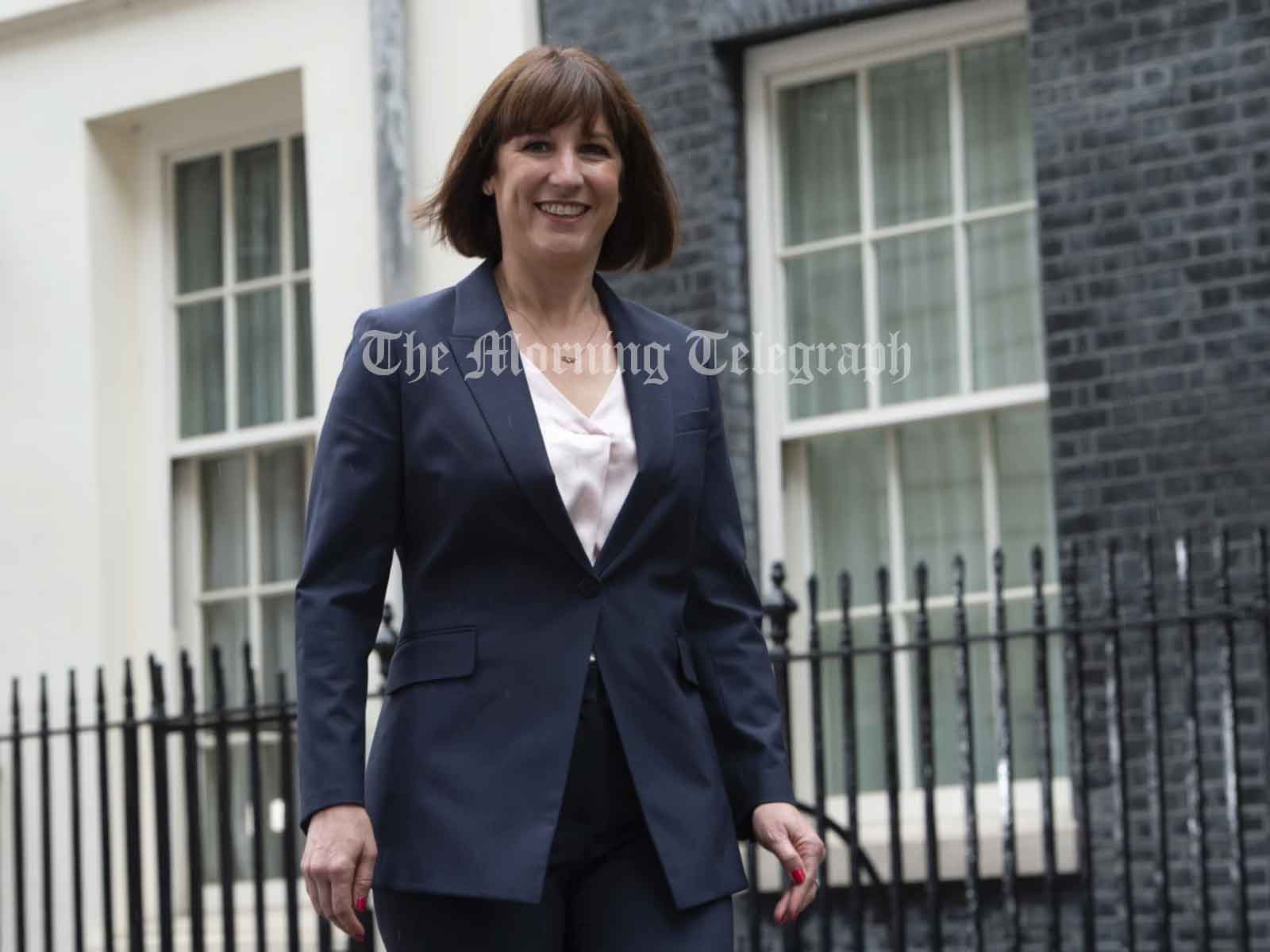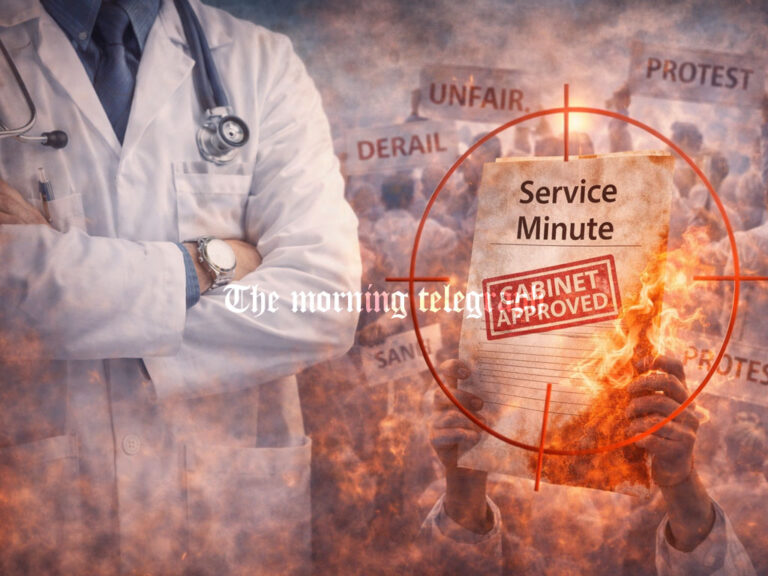
London (29, July) — Britain’s new Labour government is poised to cut several transport projects on Monday to address a newly discovered £20 billion ($26 billion) shortfall in public finances, which it attributes to the former Conservative administration’s mismanagement.
In an upcoming major speech, Treasury Chief Rachel Reeves will accuse the previous government of concealing the severe financial situation of the country. This follows a review of departmental spending that she commissioned three weeks ago after Labour’s landslide victory, marking their return to power for the first time in 14 years.
“It is time to level with the public and tell them the truth,” Reeves will tell the House of Commons, according to the Treasury. “The previous government refused to take the difficult decisions. They covered up the true state of the public finances. And then they ran away.”
Although Reeves is not expected to announce immediate tax changes, her remarks are interpreted as setting the stage for a revenue-raising budget in the fall. Labour had pledged during the campaign not to increase taxes on “working people,” promising that their policies would stimulate economic growth and generate the necessary revenue. However, Reeves may seek alternative revenue sources, such as closing tax loopholes on capital gains or inheritance.
In addition to controlling spending, Reeves plans to establish a new office to identify “wasteful spending,” halt nonessential spending on consultants, and sell off surplus property. Funding for some transport projects could also be cut or postponed, potentially impacting projects like a controversial tunnel near Stonehenge or an extension of a high-speed rail line into central London.
Critics, including her predecessor Jeremy Hunt, argue that Reeves is attempting to gain political advantage in the new Parliament, suggesting that she was aware of the financial situation during the election. The Institute for Fiscal Studies had also criticized both major parties for a “conspiracy of silence” regarding the financial challenges.
Amid these financial adjustments, the government faces pressing issues, including resolving a long-running strike by junior doctors in England. Reports indicate that junior doctors may be offered a 22% pay increase over two years, following 11 industrial actions in the past 20 months. The NHS was a key election issue, with Labour highlighting its struggles and the significant wait times for care.
“An end to strikes is a crucial first step to getting the NHS back on track,” said Annie Williamson, a research fellow at the Institute For Public Policy Research and an NHS doctor. “Yet the government must also address the root cause of why they’ve happened in the first place.”





